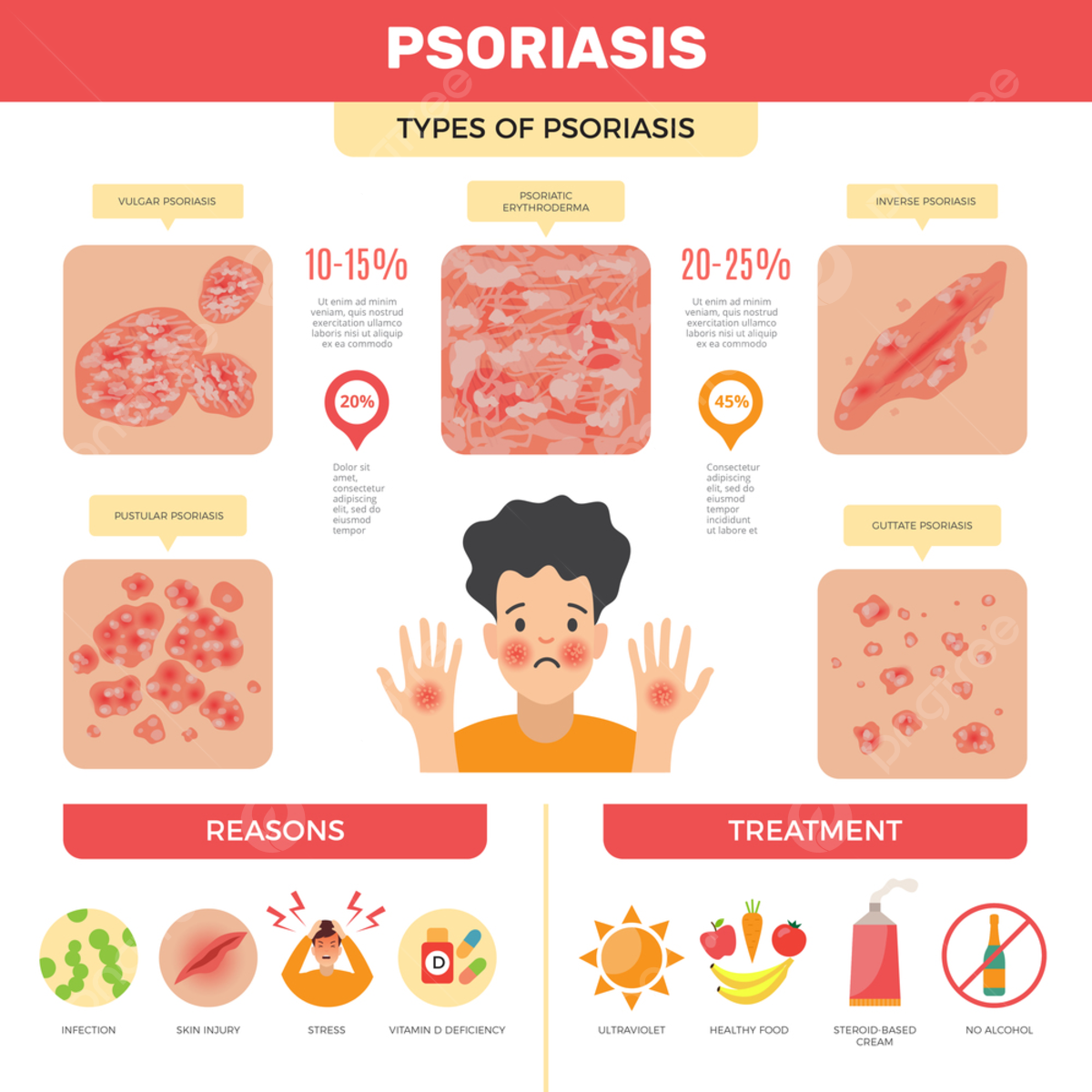Life After Psoriasis: How the Diagnosis Changes You and Your Daily Life

A psoriasis diagnosis often marks a turning point. While it’s a chronic and manageable condition, its physical and emotional effects can be profound — touching everything from social confidence and work life to daily habits and mental health. Understanding these changes helps patients adapt, advocate for themselves, and maintain the best possible quality of life.
 Physical Changes and Daily Routines
Physical Changes and Daily Routines
One of the most immediate changes after a psoriasis diagnosis is how individuals manage their skin. Daily routines often expand to include:
- Moisturizing multiple times a day to reduce dryness and flaking
- Topical treatments, sometimes with strong medical ingredients like corticosteroids or coal tar
- Avoiding harsh soaps, long hot showers, and other triggers
- Monitoring triggers like cold weather, stress, or new skincare products
This shift demands patience, discipline, and time — sometimes adding 30–60 minutes of care into the day.
 Emotional and Mental Health Impact
Emotional and Mental Health Impact
Psoriasis is more than skin deep. Studies consistently show it has a significant emotional and psychological toll, especially during flare-ups. Common emotional challenges include:
- Self-consciousness and embarrassment in social or public settings
- Anxiety or depression, often worsened by chronic pain, itching, or sleep disruption
- Social withdrawal, particularly if others react poorly or lack understanding
Mental health support — whether through therapy, support groups, or simply open conversations — becomes an important part of long-term care.
 Relationships and Social Life
Relationships and Social Life
Psoriasis can alter how people interact with others. For some:
- Dating and intimacy become more difficult due to self-image concerns
- Friendships or social outings may be avoided during flare-ups
- Uninformed comments or stigma can cause emotional harm
Education plays a key role. Many people with psoriasis find that once friends or loved ones understand it’s not contagious and how it affects them, support and empathy grow.
 Workplace Challenges
Workplace Challenges
Managing psoriasis at work brings unique hurdles:
- Dress codes can be problematic if long sleeves are needed to cover affected areas
- Sick days may increase, especially during severe flares or while adjusting to treatment
- Focus and productivity may suffer due to itchiness, discomfort, or fatigue
- Health insurance and access to treatment become practical concerns
Some professionals find that disclosing their condition to a supportive manager helps create understanding and flexibility.
 New Strengths and Resilience
New Strengths and Resilience
Despite its challenges, living with psoriasis often builds emotional strength:
- Resilience: Managing a chronic condition cultivates inner strength and persistence
- Self-awareness: People often become more in tune with their health, triggers, and stress levels
- Advocacy: Many become vocal advocates for psoriasis awareness and better healthcare access
Support networks, online communities, and patient organizations can be powerful tools for navigating life with psoriasis and making meaningful change.
 Tips for Maintaining Quality of Life
Tips for Maintaining Quality of Life
- Stick to a personalized care plan developed with your dermatologist
- Find mental health support, even for mild emotional impact
- Educate friends and coworkers to reduce stigma
- Stay connected with others living with psoriasis for shared advice and support
- Embrace positive lifestyle changes like healthy eating, exercise, and stress management
In Conclusion
Psoriasis may change your life, but it doesn’t have to define it. With knowledge, care, and support, it’s possible to manage the condition and continue living fully, confidently, and meaningfully.
Hi, this is a comment.
To get started with moderating, editing, and deleting comments, please visit the Comments screen in the dashboard.
Commenter avatars come from Gravatar.